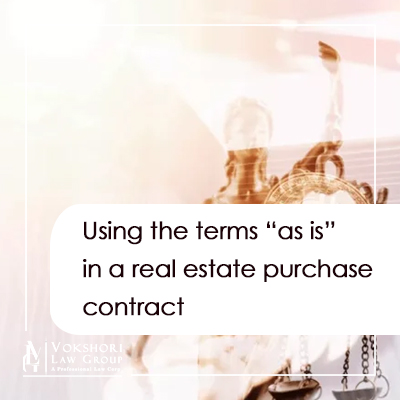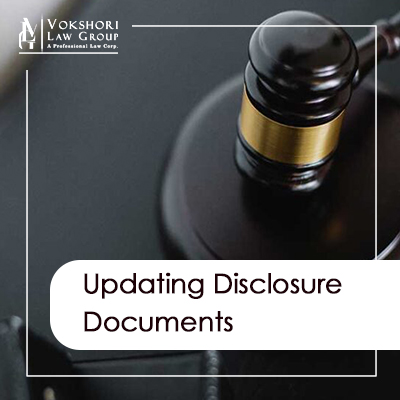
In California real estate transactions, the Transfer Disclosure Statement (TDS) is a critical document designed to protect buyers by ensuring they receive comprehensive information about the condition of a property. Governed by the California Civil Code, Sections 1102 – 1102.14, the TDS is a mandatory disclosure that sellers must provide to prospective buyers of residential property with one to four units. Understanding the purpose, requirements, and implications of the TDS is essential for anyone involved in buying or selling property in California.
What is the Transfer Disclosure Statement (TDS)?
The TDS is a statutory form that sellers use to disclose specific information about the property’s condition. This form, required under Civil Code Section 1102.6, is not a warranty but a source of information the buyer can rely on when …
Posted In:










